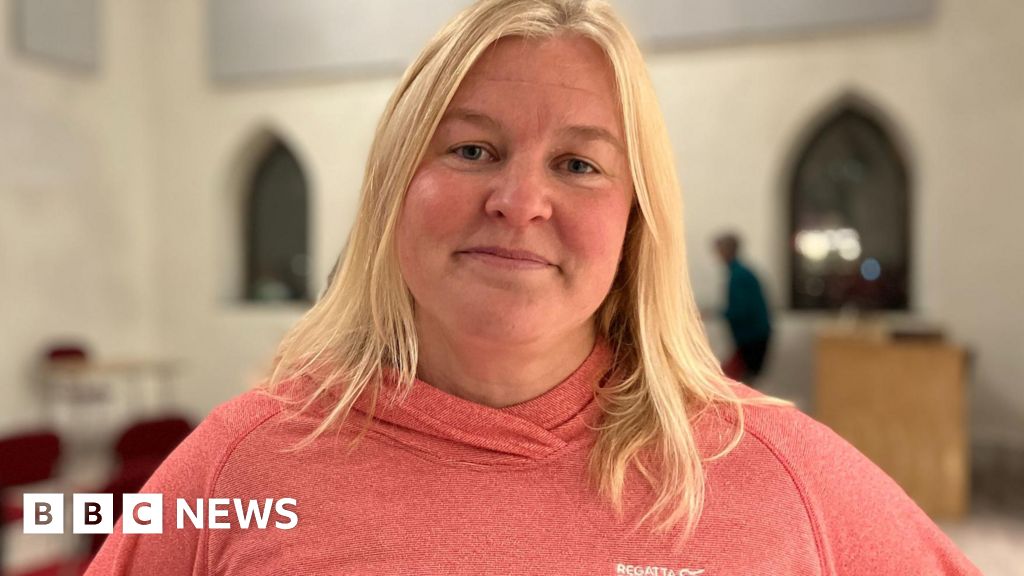New research led by UCLA Health confirms that both Tai Chi and cognitive behavioral therapy can reduce insomnia in breast cancer survivors but also may provide additional health benefits by reducing inflammation and bolstering anti-viral defenses.
Chronic insomnia is one of the most prominent symptoms experienced among cancer survivors and poses significant health concerns, including the risk of inflammatory disease that could increase the risk of cancer recurrence.
About 30% of breast cancer survivors are reported to have insomnia, which is twice the rate of the general population. While previous research has shown cognitive behavioral therapy and mind-body interventions such as Tai Chi are effective at treating insomnia among breast cancer survivors, less is known about their effectiveness in reversing inflammation caused by insomnia.
The new study, published in the journal Brain, Behavior, and Immunity this month, compared the two therapies among 90 breast cancer survivors using blood samples over 15 months to analyze changes in inflammation biomarkers.
Researchers found Tai Chi specifically led to more significant, sustained reduction in inflammation among participants compared to cognitive behavioral therapy. By comparison, cognitive behavioral therapy participants had greater anti-viral gene transcripts, which potentially improve the body’s defenses against infections.
“Tai Chi can be readily provided in community settings, with minimal cost, and can treat insomnia in adults, older adults and cancer survivors,” said Dr. Michael Irwin, the study’s lead author and professor at UCLA Health’s Department of Psychiatry and Biobehavioral Sciences. “Further, Tai Chi, as compared to cognitive behavioral therapy, has additional advantage in reducing inflammation in breast cancer survivors.”
The study relied on blood samples taken from breast cancer survivors from a 2017 study, also led by Irwin, that examined the effectiveness of Tai Chi versus cognitive behavioral therapy in insomnia treatment and remission. Blood samples were collected from 2008 to 2012 from the 90 participants from the Los Angeles area prior to treatment and at 2-, 3-, 6- and 15-month intervals. Researchers evenly split participants to either undergo weekly Tai Chi or cognitive behavioral therapy sessions lasting 120 minutes for a three-month period.
Analyses of the blood samples taken at the 15-month interval showed Tai Chi participants had reduced cellular and genomic markers of inflammation, specifically in plasma interleukin-6, TLR-4 stimulated monocyte production of inflammatory cytokines and inflammatory transcriptional profiles. Blood samples from the cognitive behavioral therapy showed greater increases in anti-viral gene transcripts.
“Effective treatment of insomnia has potent impacts on the immune system,” said Irwin, who also directs UCLA Health’s Mindful Awareness Research Center. “Tai Chi preferentially reduces inflammation as compared to cognitive behavioral therapy, whereas cognitive behavioral therapy preferentially improves antiviral viral immunity or resistance to infectious disease. Further research that examines the combined benefit of Tai Chi and cognitive behavioral therapy is needed, especially in cancer survivors who are at risk for inflammatory disorder as well as infectious disease.”
There were several limitations in the study and further studies are needed to test the effectiveness of these therapies across different populations. The participants were primarily white, older (ages ranging from 42-83) and had higher education. The study also excluded participants who had coexisting medical conditions. Changes in participants’ sleep-wake cycle and alignment with circadian rhythms may have also yielded these inflammatory health benefits. Additionally, access to Tai Chi may be limited in some communities and requires ongoing practice for several days per week as compared to cognitive behavioral therapy.
Ongoing research is examining the trajectories of inflammatory activation and accelerated aging in breast cancer survivors, as compared to non-cancer control women, which will identify behavioral and biological targets for prevention of depression, as well and other morbidities in cancer survivors.


